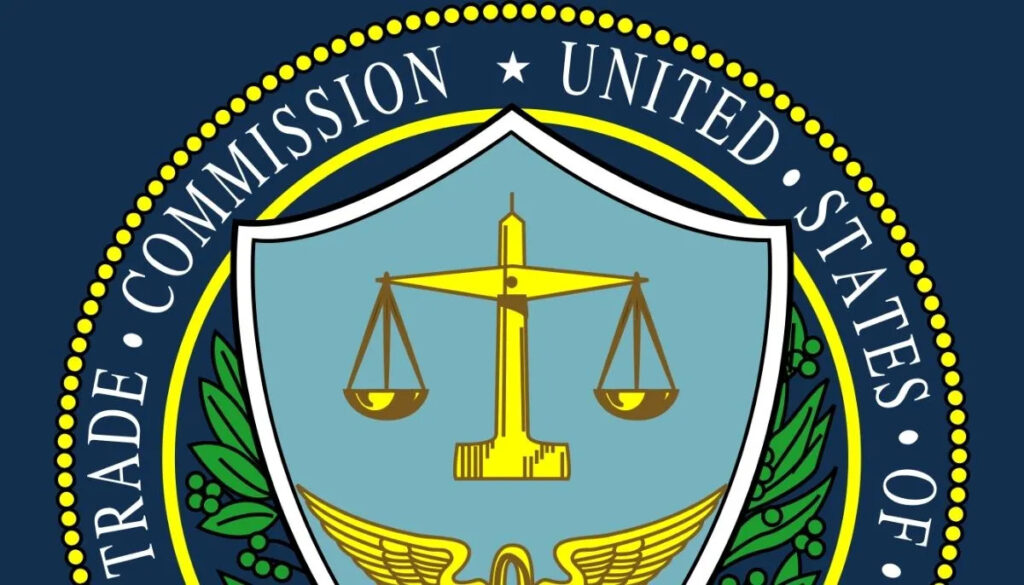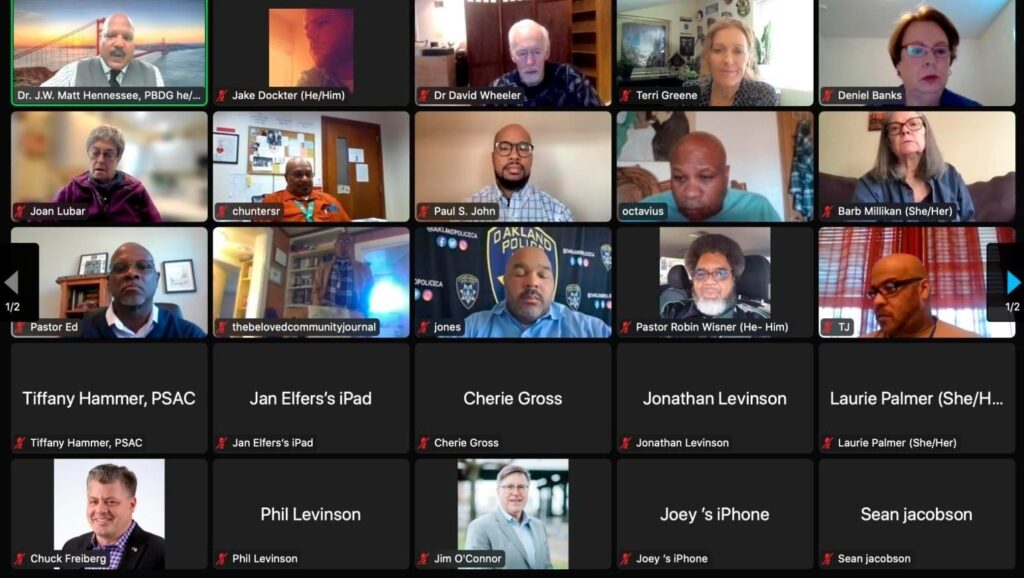
As organizations that believe in the power of the right of privacy as an enabler of free speech and freedom of the press, we call on all governments to:
- Ensure that encryption is not being undermined via overreaching legislative initiatives.
- Ensure that technologies providing secure, encrypted services are not being blocked or throttled.
- Revisit any bills, laws and policies that legitimise undermining encryption or blocking access to services offering encrypted communication, particularly the Surveillance Legislation Amendment Act in Australia, the EARN IT Act in the US, the Online Safety Bill in the UK, Bill C26 in Canada, India’s Directions 20(3)/2022 – CERT-In and the proposed version of the rules to prevent and combat child sexual abuse in the EU.
Read the full letter here.




